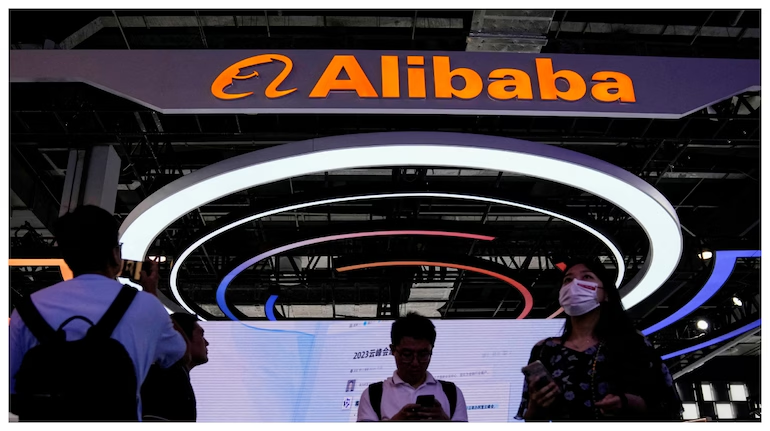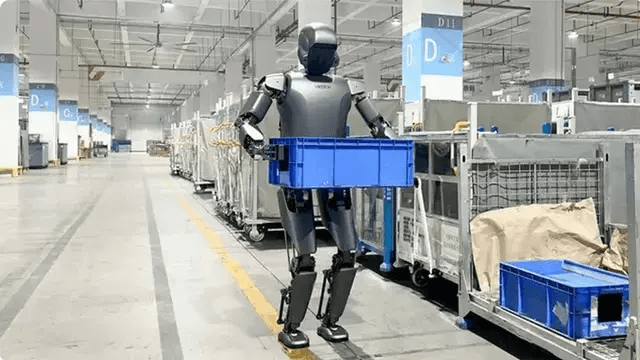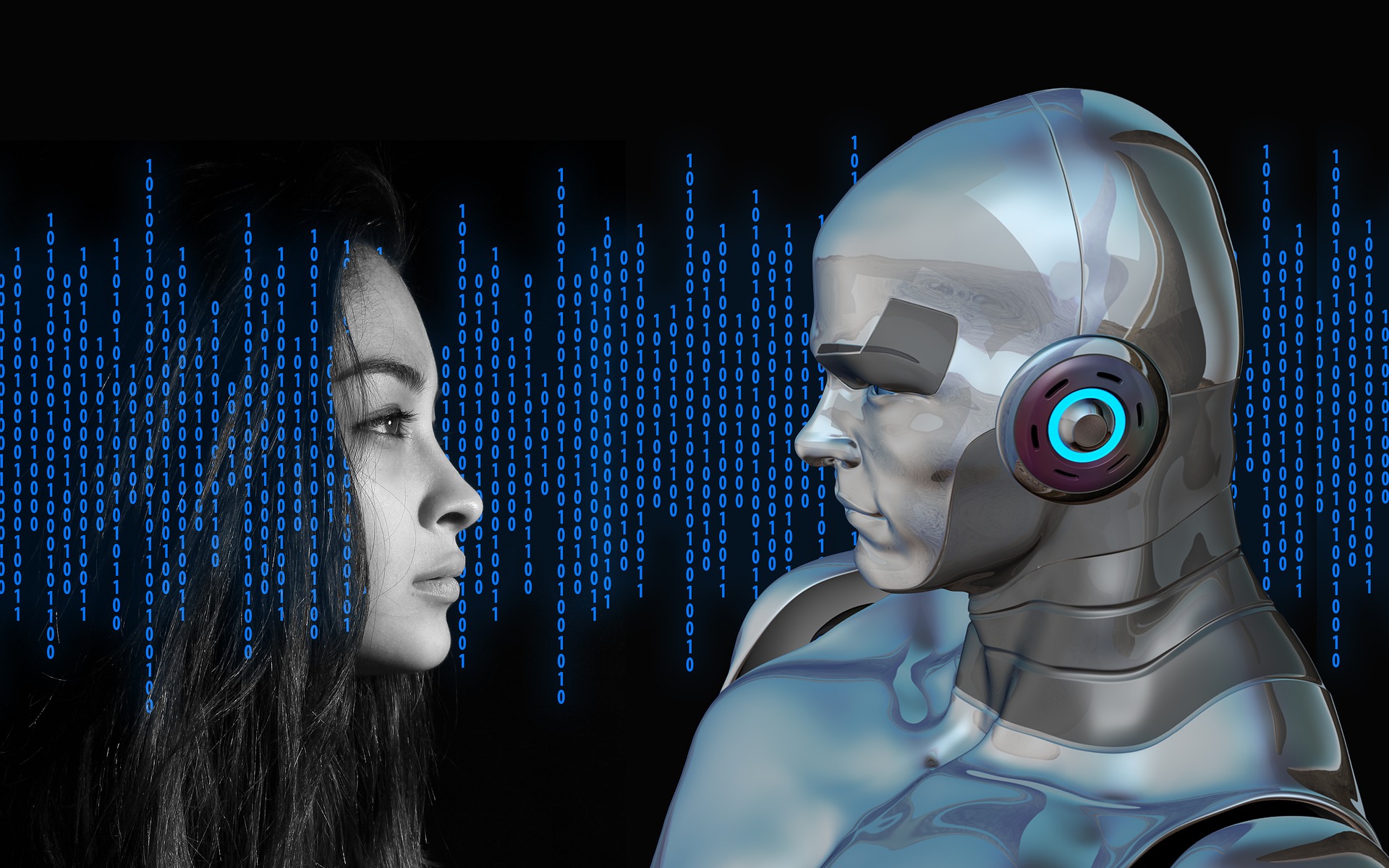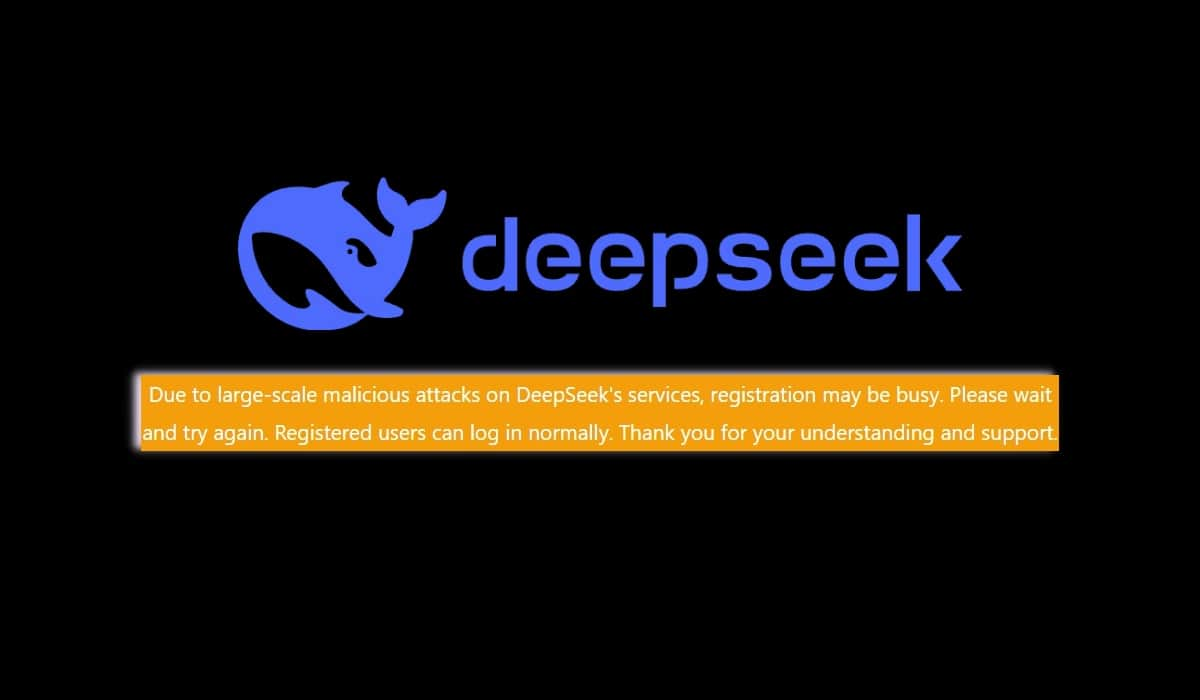
Artificial Intelligence (AI) has been lauded as a transformative force, reshaping industries, boosting efficiency, and opening doors to new technological possibilities. However, behind the facade of innovation lies a growing concern: AI is increasingly being used in ways that threaten to roll back decades of progress on equality. While AI was initially seen as a tool that could promote fairness and inclusivity, it has instead exposed and, in some cases, exacerbated deeply ingrained societal biases.
The Hidden Biases in AI
At the heart of the issue is the way AI systems are built. Most AI models are trained on large datasets that reflect historical realities, many of which are riddled with bias. Whether it’s in recruitment, policing, or healthcare, AI often mirrors and amplifies these existing inequalities. For example, AI-powered hiring algorithms have been found to favor male candidates over equally qualified women. Similarly, facial recognition systems have demonstrated higher error rates when identifying people of color, with particularly poor performance in recognizing women of darker skin tones.
These problems arise because AI systems, while advanced, are not inherently neutral. They learn from the data they are given, and if that data contains bias, the AI will replicate it. Without careful oversight, AI can become a tool that perpetuates the very inequalities it was supposed to eliminate.
Discrimination in Critical Sectors
One of the most alarming areas where AI bias is becoming evident is the criminal justice system. Predictive policing algorithms, which claim to forecast crime hot spots based on historical crime data, have been criticized for disproportionately targeting minority communities. These systems often lead to over-policing in specific areas, reinforcing negative stereotypes and perpetuating a cycle of criminalization in already marginalized groups.
In the financial sector, AI-powered credit scoring systems can also reinforce inequality. Bias in the data can lead to unfair credit assessments, with certain racial or socioeconomic groups being deemed higher risk based on historical lending practices. This creates barriers to financial services for those already disadvantaged, perpetuating the wealth gap.
The Lack of Accountability and Regulation
What makes this issue even more concerning is the lack of accountability. In many cases, AI systems operate as “black boxes,” meaning their decision-making processes are not transparent even to their creators. As a result, when biases or unfair outcomes arise, it’s often difficult to pinpoint exactly where the problem lies or how to fix it. This lack of transparency makes it challenging for affected individuals to contest unfair decisions made by AI systems.
Moreover, regulations around AI development and implementation are still in their infancy. While there have been calls for greater oversight and the implementation of ethical guidelines, most countries have yet to introduce comprehensive legislation to address AI bias. Without clear regulatory frameworks, companies and developers are left to self-police, which often results in these issues being overlooked or ignored.
The Path Forward: Towards a More Equitable AI
Despite the challenges, there is hope for a more equitable future with AI. Experts and activists are pushing for more rigorous testing of AI systems to ensure they do not perpetuate harmful biases. Some companies are adopting fairness tools that audit their algorithms for bias before they are deployed, while others are advocating for more diverse datasets that better represent different demographics.
Additionally, governments and regulatory bodies are beginning to recognize the need for laws that hold AI developers accountable for the ethical implications of their technologies. The European Union, for instance, is in the process of introducing the Artificial Intelligence Act, which aims to regulate high-risk AI applications to prevent discrimination and protect fundamental rights.
The role of AI in shaping the future cannot be understated. However, to ensure it is a force for good, there needs to be a concerted effort to address its dark side. By confronting the biases embedded within AI and creating robust frameworks for its ethical use, society can harness its potential while safeguarding progress on equality.
Conclusion
AI has the power to revolutionize society, but its current trajectory reveals significant risks to equality. Left unchecked, AI could entrench systemic biases, affecting everything from employment opportunities to access to justice. As AI becomes more ingrained in everyday life, addressing these issues is not just a technological challenge but a moral imperative. To avoid rolling back years of progress on equality, there needs to be more transparency, accountability, and diversity in AI development. Only then can we ensure that AI truly benefits everyone, regardless of their race, gender, or socioeconomic status.





